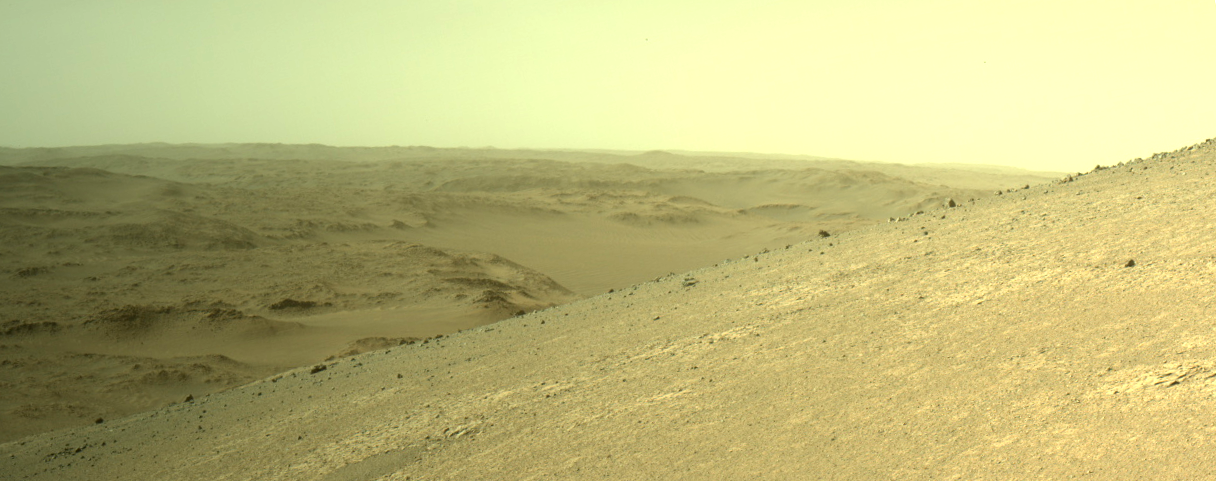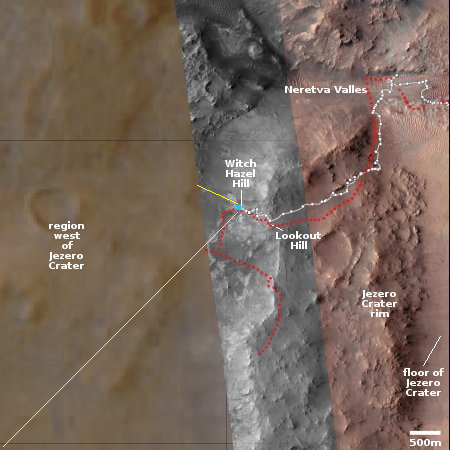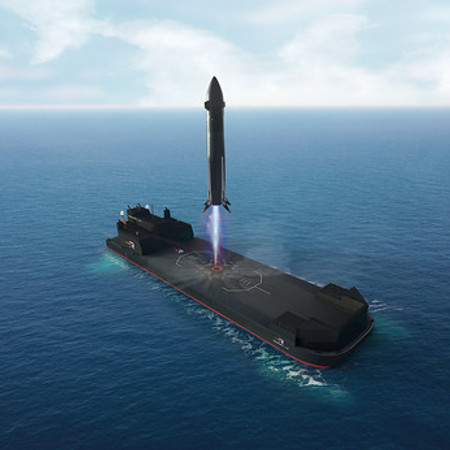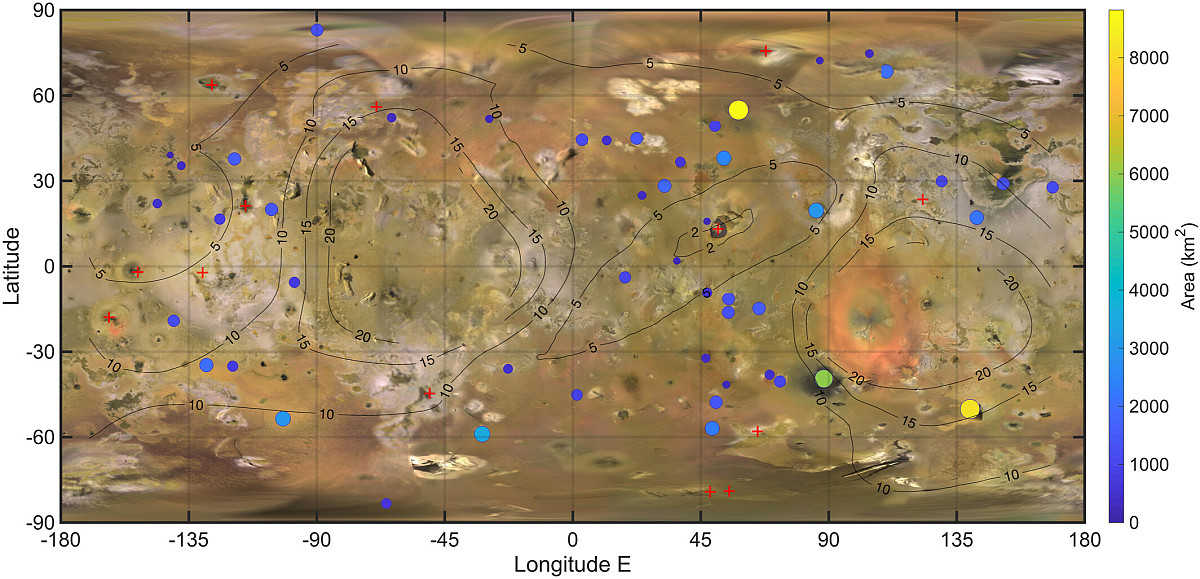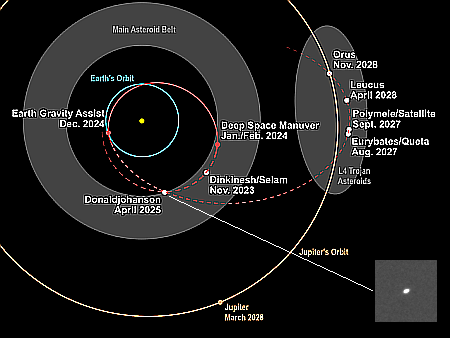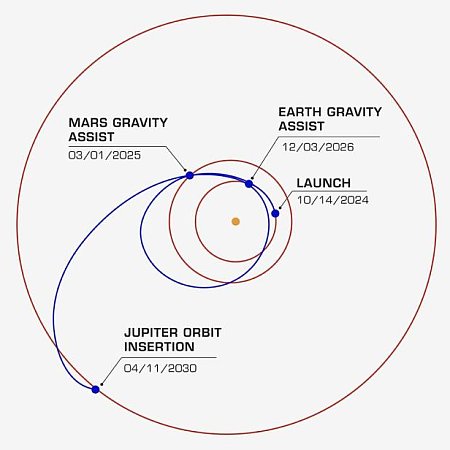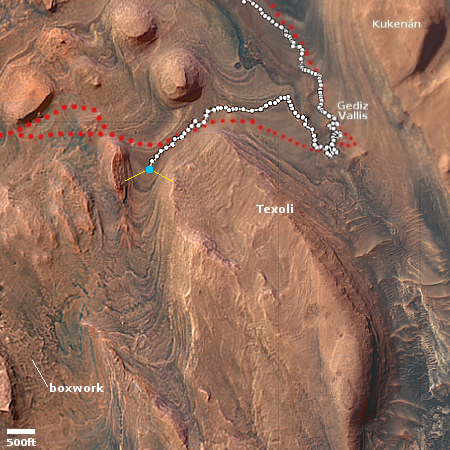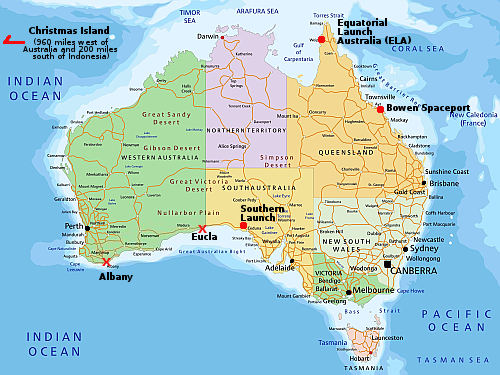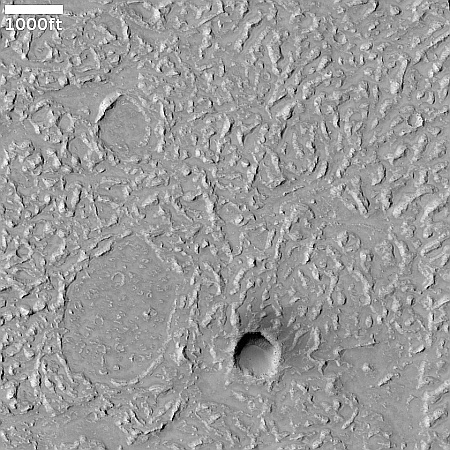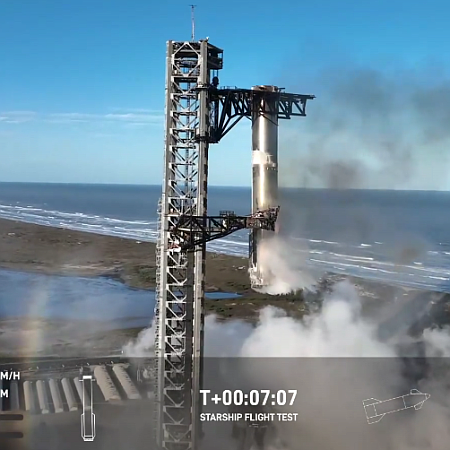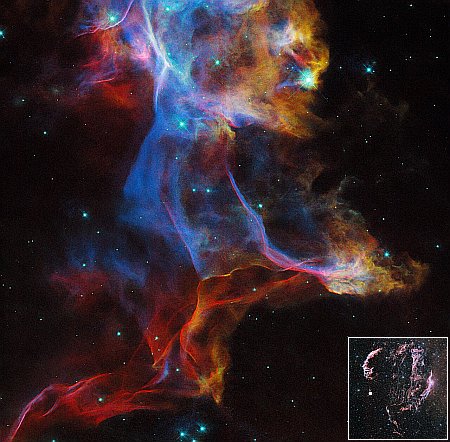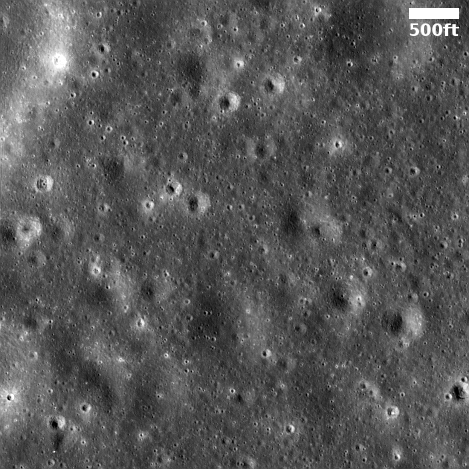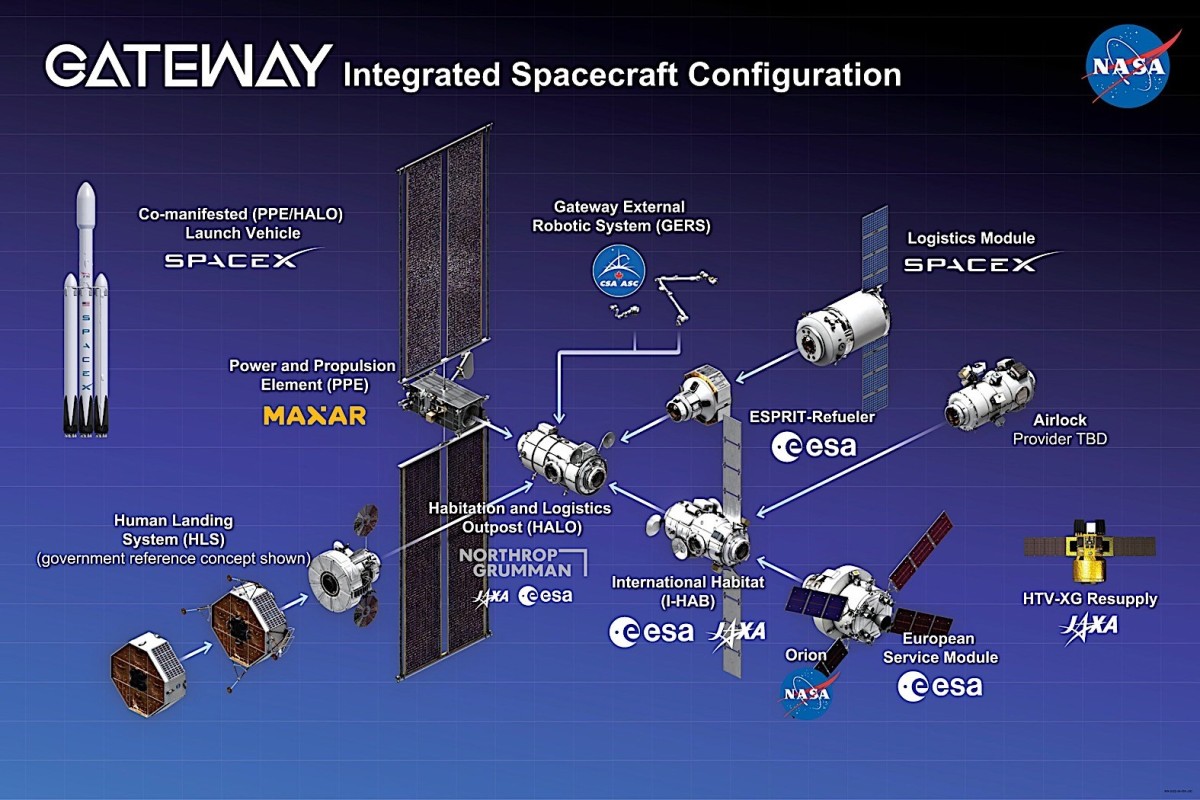FAA issues launch license for 8th Starship/Superheavy test flight
The FAA yesterday announced that it has given SpaceX the launch license for its 8th orbital test launch of Starship/Superheavy, presently scheduled for March 3, 2025 at 5:30 PM (Central).
“After completing the required and comprehensive safety review, the FAA determined the SpaceX Starship vehicle can return to flight operations while the investigation into the Jan. 16 Starship Flight 7 mishap remains open,” the FAA’s emailed statement reads. [emphasis mine]
The highlighted phrase reveals much. There is a new boss in Washington now who will not tolerate unnecessary red tape that stymies private enterprise unnecessarily. SpaceX is the only entity qualified to investigate the loss of Starship in the seventh flight, and it has completed its investigation. All the FAA can really do in its own “investigation” is retype SpaceX’s conclusion. It might have some clean-up work of its own relating to clearing the air space after Starship was destroyed, but even there SpaceX’s conclusion note that the plan worked out before launch between the company and the FAA worked perfectly.
Under Biden the FAA would have made SpaceX wait while that retyping took place, likely assigned to someone who can only hunt and peck at an old manual typewriter. No more.
The FAA yesterday announced that it has given SpaceX the launch license for its 8th orbital test launch of Starship/Superheavy, presently scheduled for March 3, 2025 at 5:30 PM (Central).
“After completing the required and comprehensive safety review, the FAA determined the SpaceX Starship vehicle can return to flight operations while the investigation into the Jan. 16 Starship Flight 7 mishap remains open,” the FAA’s emailed statement reads. [emphasis mine]
The highlighted phrase reveals much. There is a new boss in Washington now who will not tolerate unnecessary red tape that stymies private enterprise unnecessarily. SpaceX is the only entity qualified to investigate the loss of Starship in the seventh flight, and it has completed its investigation. All the FAA can really do in its own “investigation” is retype SpaceX’s conclusion. It might have some clean-up work of its own relating to clearing the air space after Starship was destroyed, but even there SpaceX’s conclusion note that the plan worked out before launch between the company and the FAA worked perfectly.
Under Biden the FAA would have made SpaceX wait while that retyping took place, likely assigned to someone who can only hunt and peck at an old manual typewriter. No more.

